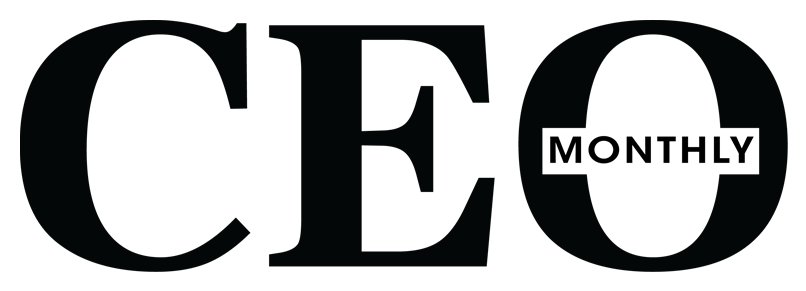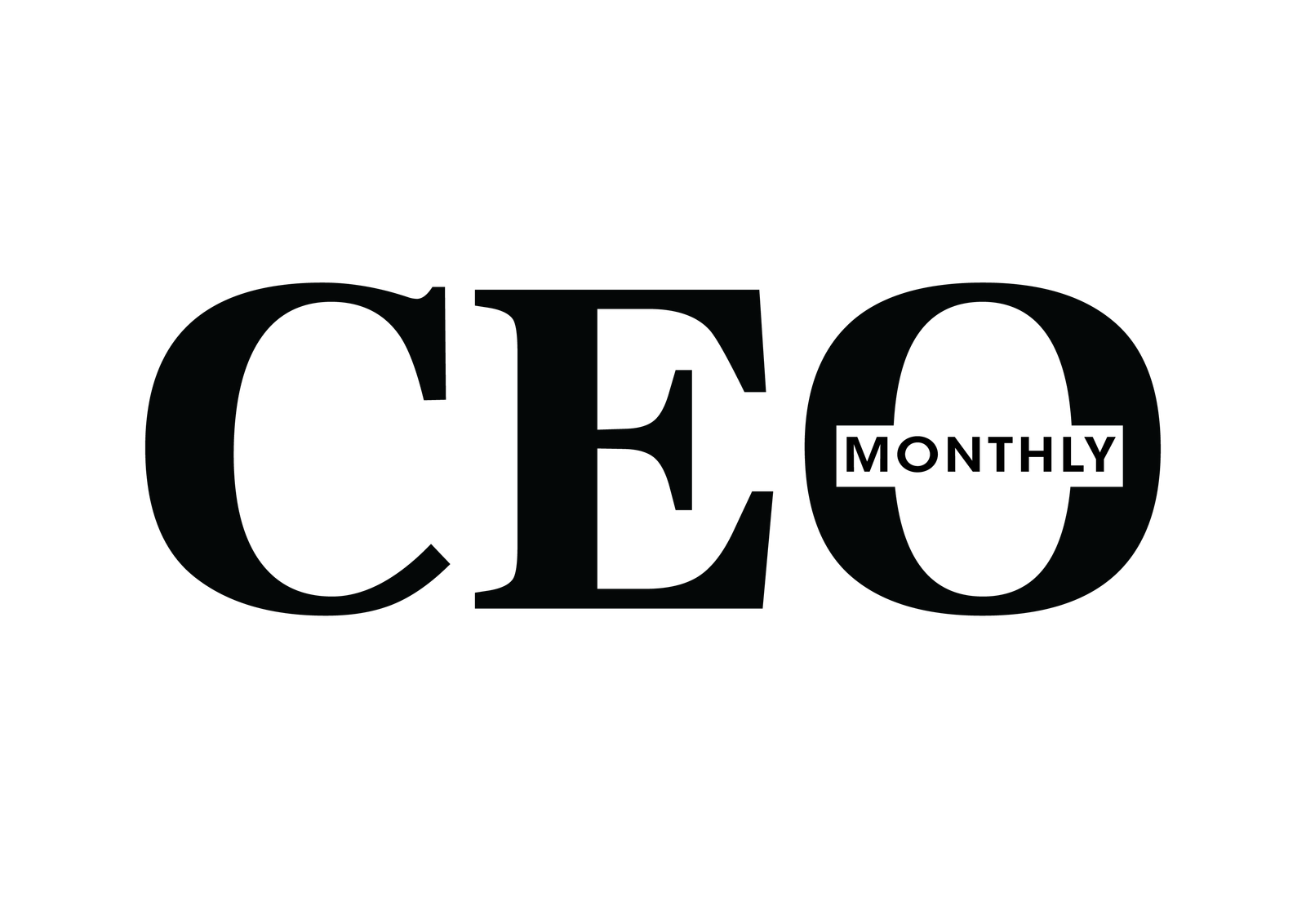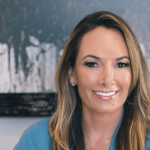Jacqueline Cripps is an author, speaker, and management consultant. As a ‘millennial translator’ she educates business owners, C-Level executives, and HR executives on the millennial generation, so workplaces can flourish. She has presented keynotes across Australia, Europe, and the UK, appeared on numerous podcast and YouTube interviews, and published articles in Australian, Chinese, and UK publications.
In 2017, Jacqueline published her debut book #WTF is happening with my life? A guide to getting your sh*t together. The book provides clear-cut guidance for women on how to shift perspective, become empowered, and change their lives. In 2019, Jacqueline published Smashed Avocado and the Quarter Life Crisis: A Millennial Survival Guide. This book discusses the contemporary issues faced by millennials, offering guidance to readers on how to navigate their lives. Jacqueline is also the co-creator of a podcast series (Covid-19 on Toast), which was born in response to the global pandemic and the need to support millennials.
Thank you for joining us today. Please introduce yourself to our readers. They want to know you, some of the background story to bring some context to your interview.
Jacqueline Cripps: I educate and teach business leaders all around the world, to understand their millennial workforce. I help millennials better understand themselves (in the context of the world and our generation) so they can be the best versions of themselves and live a life aligned with their values. As a writer and author, I write to inspire and educate; to shift perspective, and to raise awareness on conversations that matter.
You are a successful entrepreneur, so we’d like your viewpoint, do you believe entrepreneurs are born or made? Explain.
Jacqueline Cripps: This is a great question and I’ve read varying views on the topic. I think there’s merit for both sides of the coin. Our environments play a huge role in our upbringing, and what we experience early on in our lives does shape who we are. That said, we can always change who we are, achieve what we want, despite circumstances or adversity we may have faced. But it’s awareness and education that teaches people about this: you have the power to change or create the life you want. We’re all born with unlimited potential; it’s whether we have an opportunity to tap into that. So I think the answer to your question, is we’re born with it, but may need the support/teaching to recognize our own skills and power in creating what we want.
If you were asked to describe yourself as an entrepreneur in a few words, what would you say?
Jacqueline Cripps: Humanitarian with a focus on being of service to humanity and creating as much positive impact as I can.
Tell us about what your company does and how did it change over the years?
Jacqueline Cripps: From a business point of view, I educate and teach business leaders to understand their millennial workforce. In addition, I help millennials understand themselves in the context of their work, life, etc. Some people have used the term “millennials translator” to describe what I do. When it comes to workplaces specifically, it’s a two-way street. Helping educate and translate the “language of millennials” to managers means that managers are then able to speak to their teams in a way that resonates and is understood, removing any bridge or disconnect that was originally there. This then, of course, means millennials are happier and engaged, which translates into better performance and workplace cultures.
I’ve always felt very strongly about our generation: particularly the misconceptions that exist in the world and all those stereotypes. My interest in this area started about 5 years ago. Maybe even sooner (by experience). It started as me writing about the issues I was seeing play out in the workplace. Over the years, I’ve expanded my reach to include public speaking and now consulting which is naturally focused on helping shift individual and collective perspectives, in order to better understand each other. I’ve also published two books to help millennials specifically and now write for a number of publications where I wear the ‘thought leader’ hat around workplaces, millennials, and generation diversity. The pandemic has certainly raised the issues and put them on the agenda. Five years ago, people ignored it. I still think huge amounts of work need to be done, but we’re moving in the right direction.
Thank you for all that. Now for the main focus of this interview. With close to 11.000 new businesses registered daily in the US, what must an entrepreneur assume when starting a business?
Jacqueline Cripps: It’s a long-term game. It’s not an overnight success. Our generation and even Gen Z are prone to instant gratification – which has been a result of tech, social media, and our upbringing. We have an expectation (and live a life) where things are done quickly. We can’t adopt this mentality with business. There may be some “overnight successes” that we see (although I beg to differ because there is a lot of work that goes on behind the scenes we don’t see) but the reality is, it takes commitment, dedication, and time.
Before stepping into any venture, you have to know your ‘why’. What your vision is. You need a North Star to guide you – especially through the challenges. If you don’t know your purpose/vision/why then find it before starting.
Did you make any wrong assumptions before starting a business that you ended up paying dearly for?
Jacqueline Cripps: I think I thought it would be an easy venture: something that would happen quickly (i.e seeing results, hence my early answer). There were times when I fell into the “why isn’t it happening already” mindset, which isn’t helpful. I haven’t paid for it dearly per se, other than unnecessary stress and anxiety that could have been avoided.
If you could go back in time to when you first started your business, what advice would you give yourself and why? Explain
Jacqueline Cripps: Set your expectation for it being a journey. There is no end game per se. Sure, you want results, but being an entrepreneur and having a business is as much about the learning you do (and the growth) along the way as it is the work that you do. Find a community of other entrepreneurs or business owners. It can feel like a really lonely journey at times, so having support and community is critical.
Don’t get caught up in the “must do do do” all the time. Being busy is an old paradigm: you don’t need to stress yourself out to get results. It’s finding ways to do things simpler, that equally have a great impact. Keep your vision/why/purpose as your north star. Believe in it.
What is the worst advice you received regarding running a business and what lesson would you like others to learn from your experience?
Jacqueline Cripps: To follow the trends of what everyone else is doing. This is a tough one. You want to follow what works and don’t re-create the wheel, but equally, when something isn’t working for your business you need to recognize that. There is a lot of things that work, but because our businesses have unique goals, some things may need adjusting. Which is ok. I spent too long following what others said was working, to achieve no result – just a lot of time and money lost (e.g. marketing is a big one). The minute I stopped I saved a whole lot of time/stress/money and found other ways that were more aligned with me as a person – authentic.
In your opinion, how has COVID-19 changed what entrepreneurs should assume before starting a business? What hasn’t changed?
Jacqueline Cripps: I think Covid has opened up a whole new world, which is refreshing. It’s made people reassess their values and needs and with lots of time on their hands, people got creative, studied, or set up a business. In fact, more millennials opened a business over the pandemic than any other gen (in the UK the stats were about 40% I think). Some people did well out of it and prospered – perhaps some of those “overnight success stories” – but we were dealing with a different set of circumstances than the world hadn’t seen. So while it’s opened up ways of exploring innovation and new ideas, the reality still remains that it takes commitment, dedication, and time to grow a business. I don’t think that’s changed.
What is a common myth about entrepreneurship that aspiring entrepreneurs and would-be business owners believe in? What advice would you give them?
Jacqueline Cripps: Probably the fact that entrepreneurs don’t have lives. I admit, in my early days, I did a lot of work and focused purely on building my business at the expense of my personal life. But I’ve since learned that you can find balance and be successful and have a life. You don’t need to slog your guts out all the time. Of course, compromises may pop up at times, but they shouldn’t come at a sacrifice to your life. We don’t get into the business to become slaves to it. We want to create an impact and make the world (and our lives) a better place and I think we forget that at times.
What traits, qualities, and assumptions do you believe are most important to have before starting a business?
Jacqueline Cripps: Willingness to learn, appetite for growth, flexibility/adaptability, soft skills are a must, commitment/perseverance/drive, time management, think outside the box mentality, focus, and belief.
How can aspiring leaders prepare themselves for the future challenges of entrepreneurship? Are there any books, websites, or even movies to learn from?
Jacqueline Cripps: There are a lot of resources out there that help educate and teach about entrepreneurship/ business. I’d start by looking at why you want to set up a business first and foremost. One of my favorite people is Simon Sinek – he’s got great material on this question and finding your ‘why’. From there, I’d start reading but find a community of other entrepreneurship/ business owners. Surrounding yourself with people who are doing what you want to do, or strive for, it one of the greatest sources of education you can find. I’d also strongly suggest finding a good mentor. Support is critical in this field.
You have shared quite a bit of your wisdom and our readers thank you for your generosity but would also love to know: If you could choose any job other than being an entrepreneur, what would it be?
Jacqueline Cripps: This is such a tough question because being an entrepreneur and the work I do is my life purpose. I don’t see it as a job, I see it as life. So I wouldn’t choose any other way. That said, if I had to pick a completely different life path, then I’d probably look into teaching.
Thank you so much for your time, I believe I speak for all of our readers when I say that this has been incredibly insightful. We do have one more question: If you could add anyone to Mount Rushmore, but not a politician, who would it be; why?
Jacqueline Cripps: I’d add a woman of power – someone who has had a great impact on the history and present-day of the country.
This interview was originally published on ValiantCEO.
Tags:
Jacqueline CrippsLenora Hatfield
I'm Lenora Hatfield, a seasoned writer specializing in the realms of business, finance, leadership, and corporate governance. With a keen interest in the dynamics of organizational success, I delve into topics such as marketing strategies and workforce development to offer practical insights and actionable advice.



